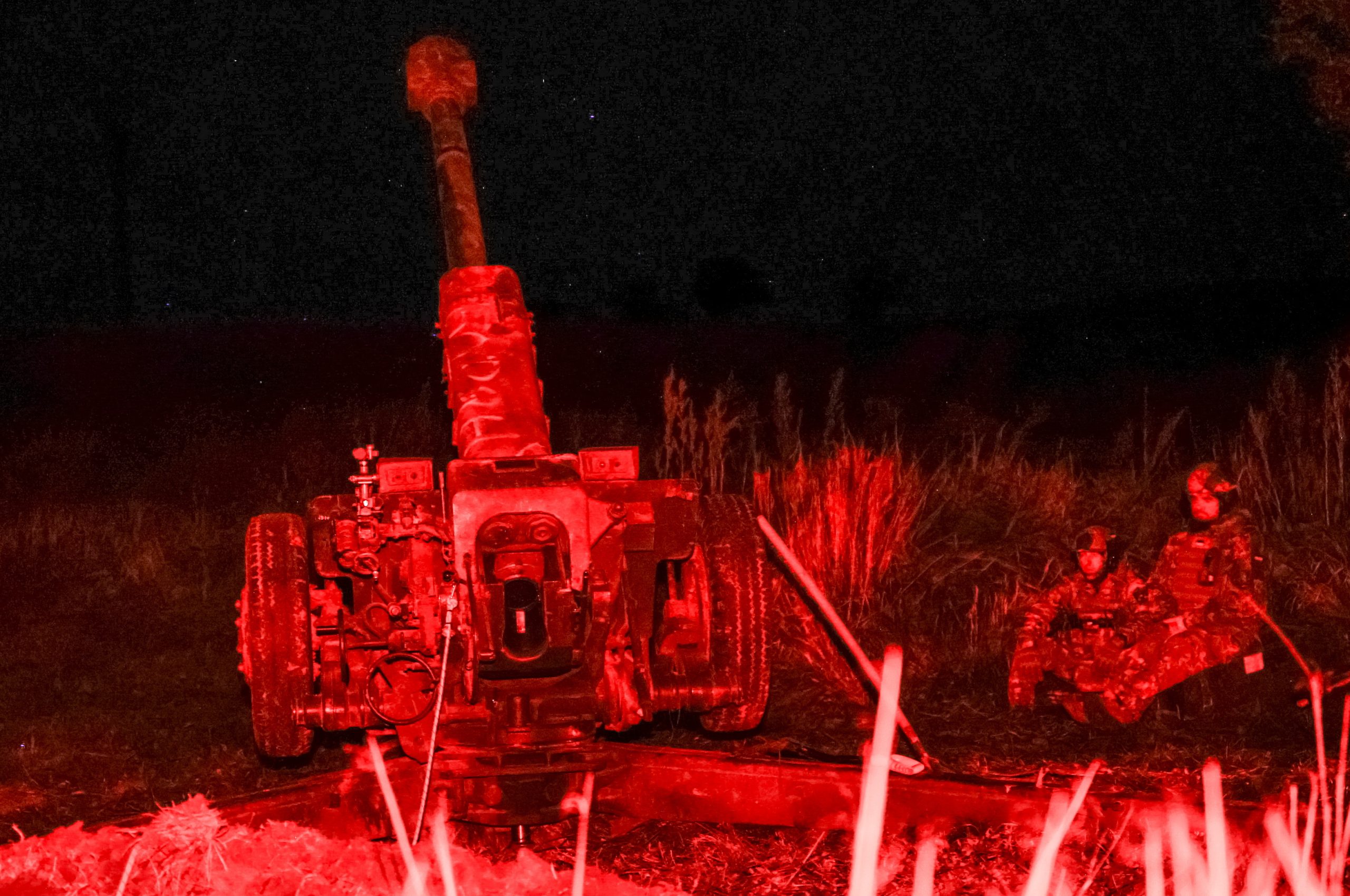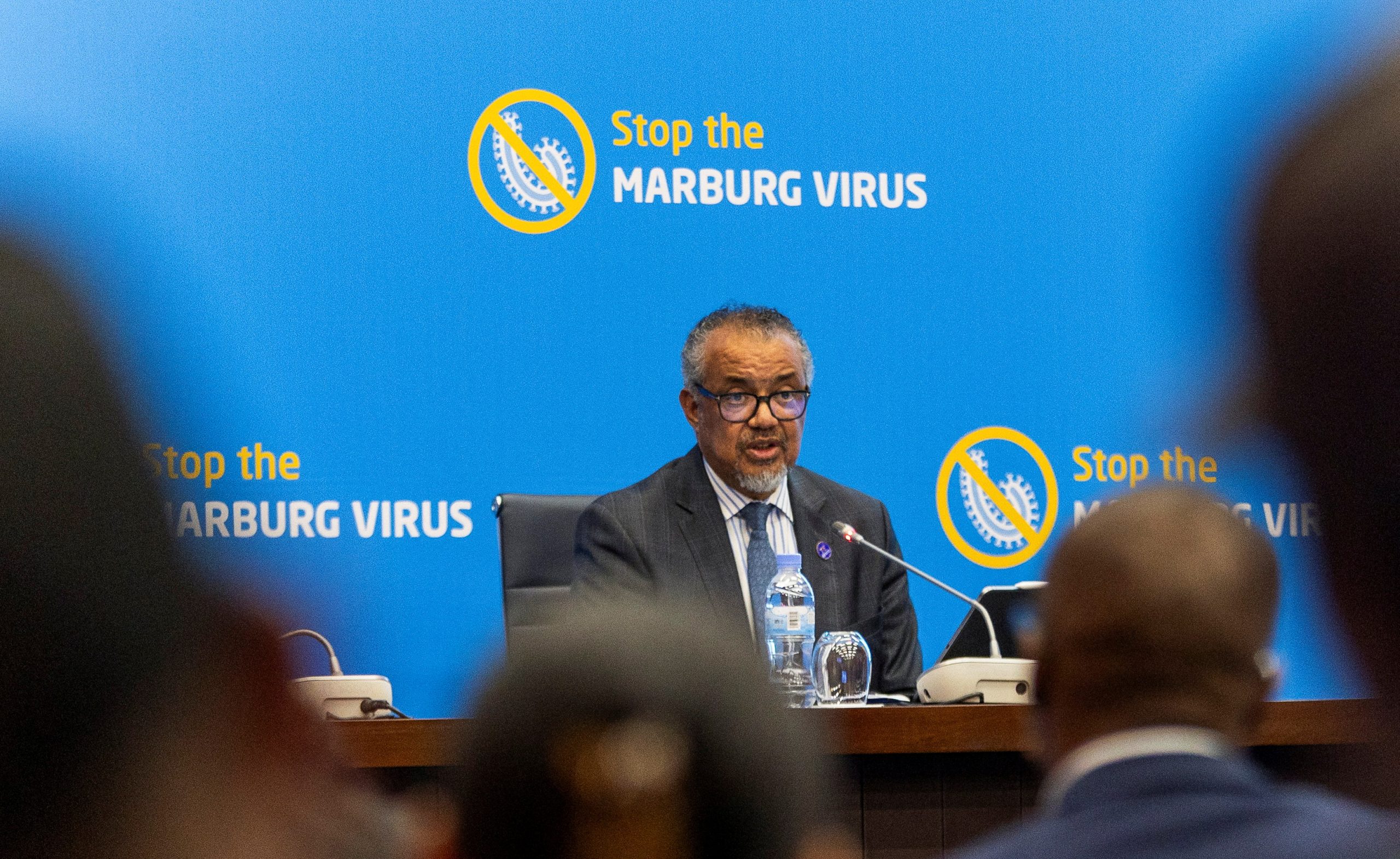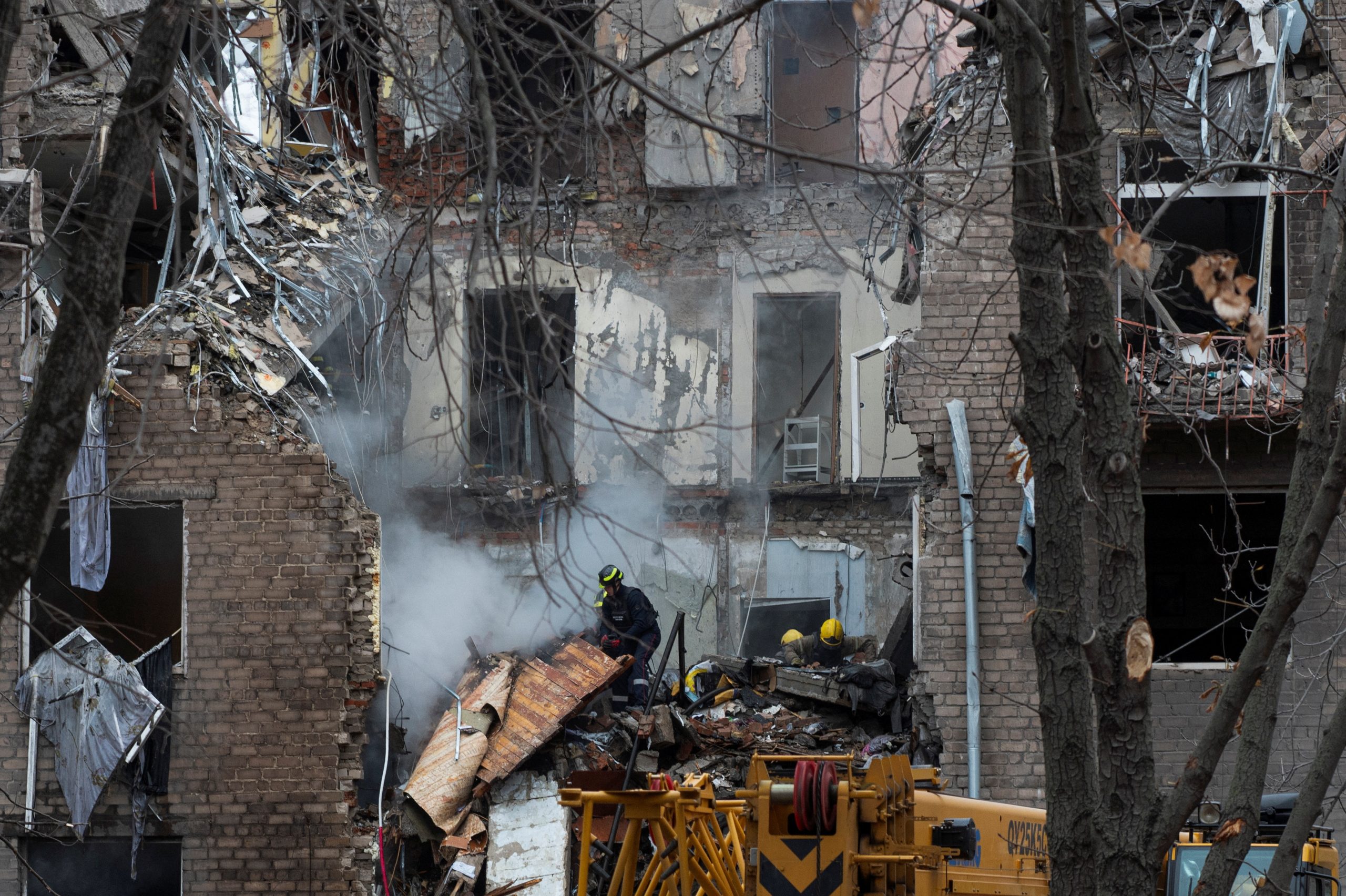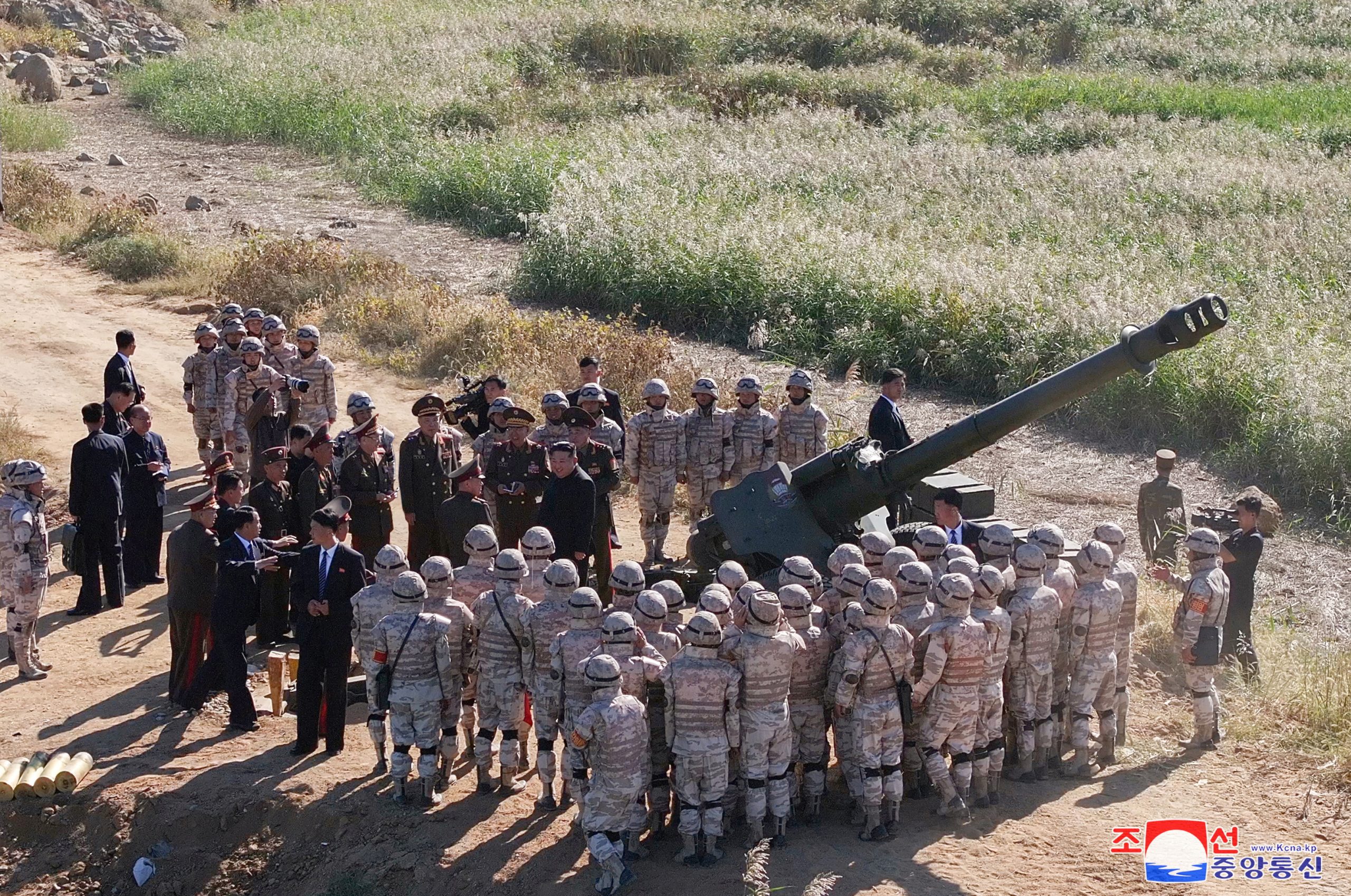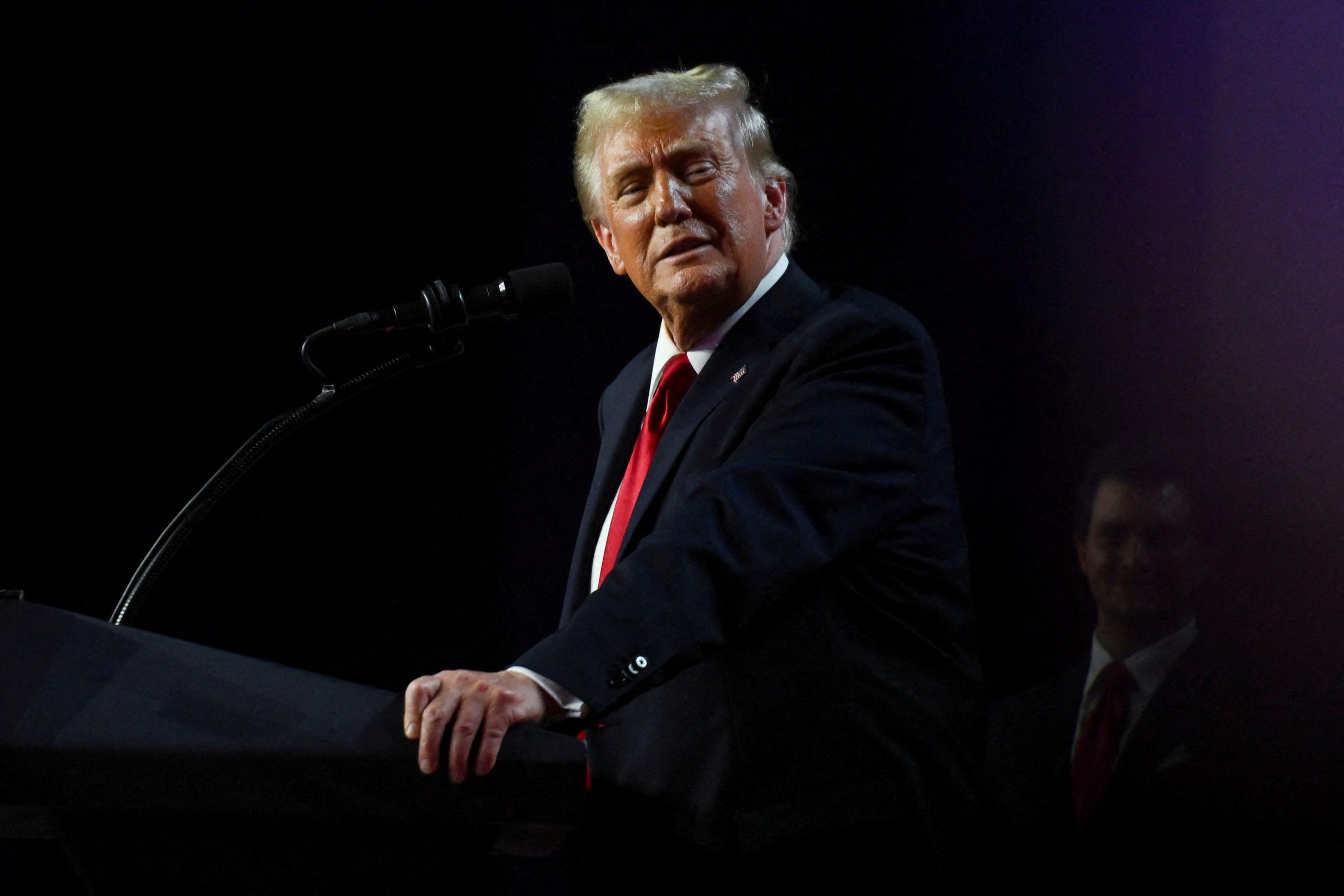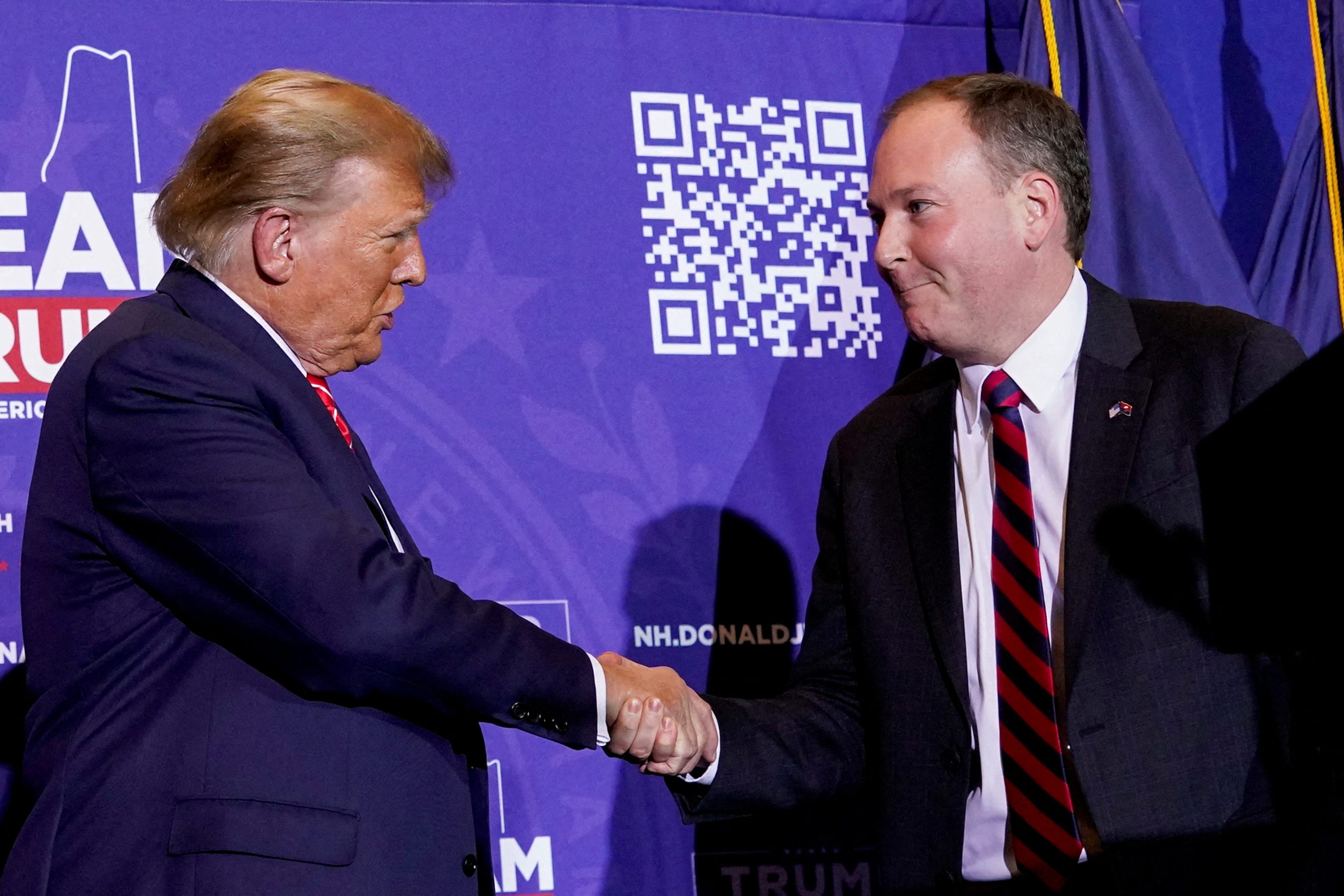Thousands of North Korean soldiers have reportedly landed on Russia’s frontlines to aid in its grinding conflict against Ukraine, with many observers warning they face overwhelming odds. Though untested in modern warfare, North Korea’s elite special forces are being deployed to some of the most treacherous battlegrounds in a desperate bid by leader Kim Jong Un to gain favor and possible military support from Moscow. Despite their likely fate, defectors say these soldiers may view their assignment with pride, unaware of the dangers ahead.
“They are too young and won’t understand exactly what it means,” said Lee Woong-gil, a former member of North Korea’s infamous Storm Corps who defected to South Korea in 2007. “They’ll just consider it an honor to be selected among the many North Korean soldiers … but I think most of them won’t likely come back home alive.”
The deployment of North Korean forces to Russian fronts has been confirmed by NATO and U.S. Pentagon officials, who say roughly 10,000 North Korean troops, including more than 3,000 stationed close to western Russian battlefronts, will likely be deployed within weeks. This move, while a startling development, aligns with Kim Jong Un’s high-stakes diplomacy to gain valuable military and financial support from Russia amid his ongoing standoff with the U.S. and South Korea over his nuclear ambitions.
Kim is wagering that the rewards could be substantial, potentially including lucrative military technology transfers from Moscow, though experts caution that the cost of this gamble could be high if North Korean casualties mount significantly.
“Kim Jong Un is taking a big gamble,” says Ahn Chan-il, head of the World Institute for North Korean Studies in Seoul. “If there are no large casualty numbers, he will get what he wants to some extent … but things will change if many of his soldiers die in battle.”
For these young troops, most of whom come from North Korea’s elite Storm Corps, the promise of foreign deployment is often seen as a life-changing opportunity, despite the grim risks. North Korean soldiers in Russia are expected to receive pay rates around $2,000 per month—an astronomical sum for those accustomed to an average monthly wage of less than $1. However, 90% to 95% of these earnings are expected to be funneled back to the North Korean government, leaving soldiers with a fraction for themselves. Even so, their annual earnings could still reach between $1,200 and $2,400, a sum that incentivizes many young men to volunteer, according to former soldiers.
In addition to the rare chance to experience life outside of North Korea, many soldiers hope to earn additional perks for their families, such as housing upgrades, education opportunities, and the possibility of relocating to Pyongyang. “North Korean soldiers would see going to Russia as a once-in-a-lifetime opportunity,” said Ahn.
However, experts warn that these troops, trained for the mountains of the Korean Peninsula, are vastly unprepared for the flat terrain and technologically sophisticated warfare that awaits them in Ukraine. With little experience against the kinds of drone warfare and rapid-response artillery seen in the Russian-Ukraine conflict, defectors say many of these soldiers could quickly become “cannon fodder.”
“My heart ached,” said Choi Jung-hoon, a former North Korean army first lieutenant, when he saw footage of young, undersized North Korean soldiers reportedly near the Russian front. “None would think they are going to Russia to die … but I think they’re cannon fodder because they will be sent to the most dangerous sites and will surely be killed.”
Kim Jong Un’s strategy, however, is believed to hinge on more than just military manpower. Analysts suggest that in addition to financial compensation, Kim may also be betting on access to high-tech Russian missile capabilities, which could bolster his own country’s military power. However, former intelligence officials warn that Russia may be reluctant to share sensitive technology, even with an ally as desperate as North Korea.
The exact details of North Korea’s involvement remain largely unknown, as the country has made no official announcement about the deployment, likely in an effort to prevent public unrest over the high probability of casualties abroad. “North Korea will continue to hide its troop dispatches from its own people because the public will be agitated if they know their soldiers are being sent abroad to be killed,” said Nam Sung-wook, a professor at Korea University and former intelligence analyst.
As the war in Ukraine enters its third year, the potential for widespread losses among North Korean forces could deal a damaging blow to Kim’s leadership. Observers speculate that if casualty rates skyrocket, disillusioned troops could even surrender to Ukrainian forces in hopes of resettling in South Korea—a scenario that would likely ignite backlash in Pyongyang and further complicate Kim’s tenuous relationship with Russia.
Sources for this article include: AP News, statements from NATO and the Pentagon.

